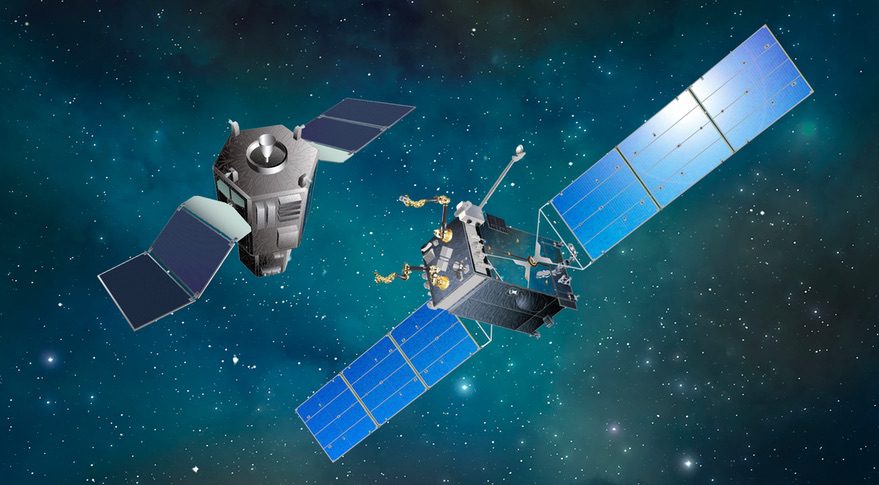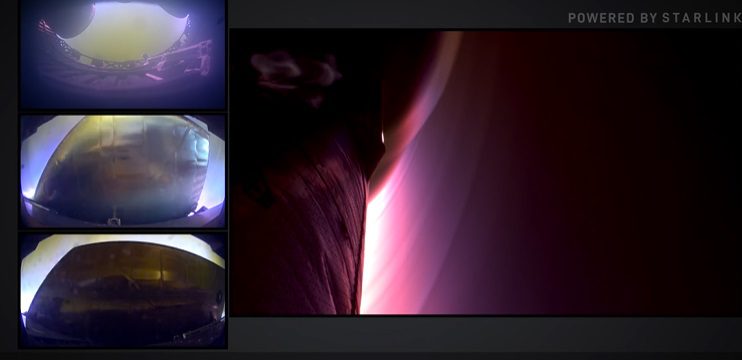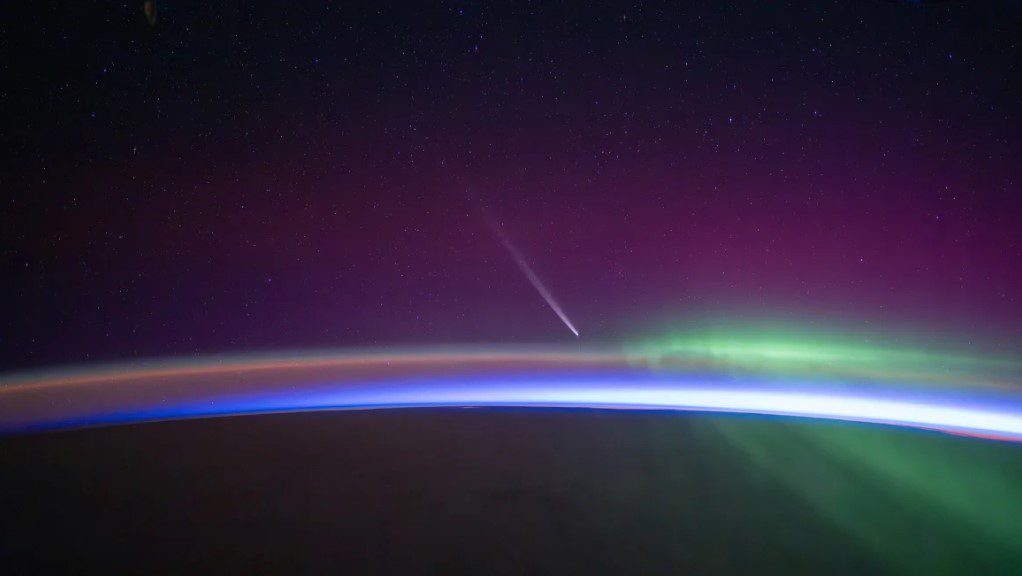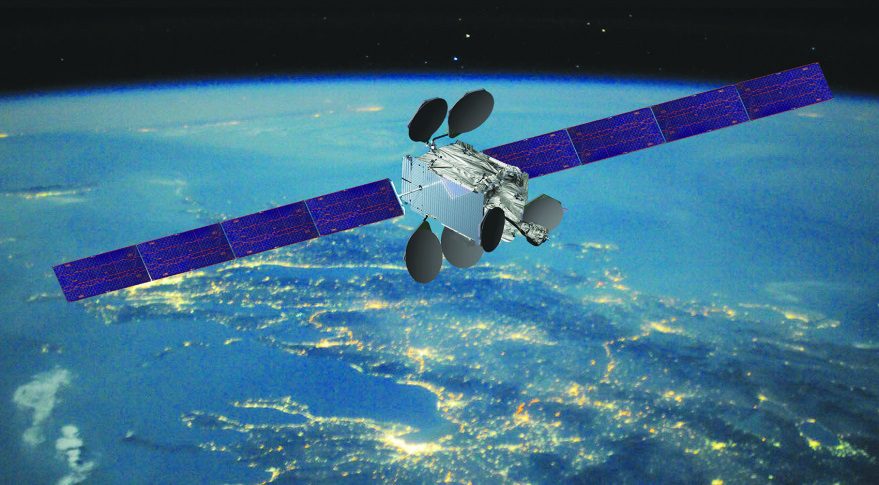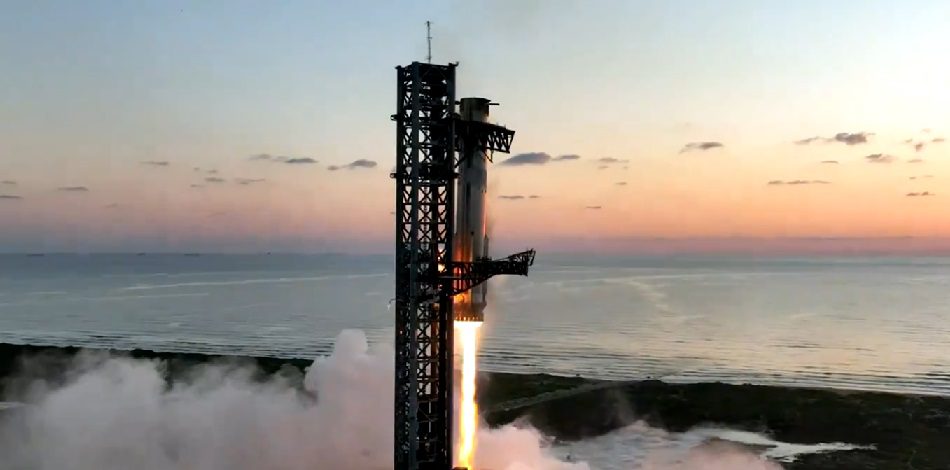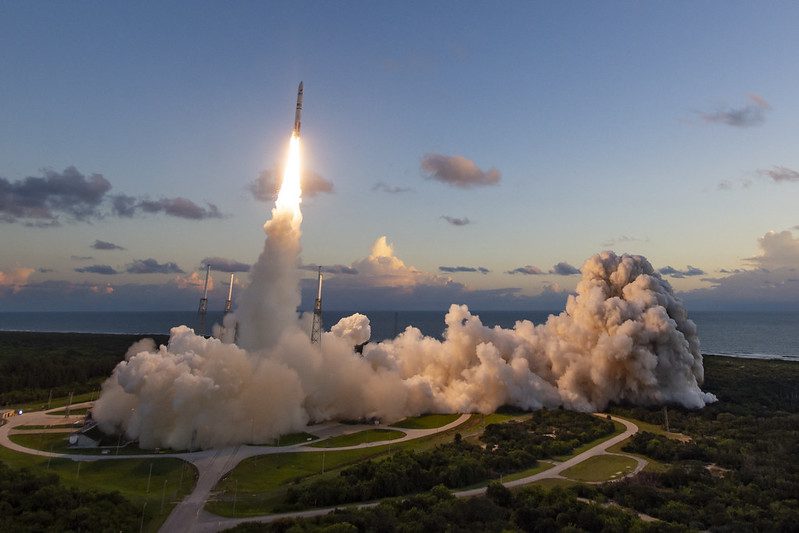SSL, the former Space Systems/Loral spacecraft construction company owned by Maxar, has decided to withdraw from its construction contract with Maxar spin-off Space Infrastructure Services LLC (SIS) to build the Robotic Servicing of Geosynchronous Satellites (RSGS) spacecraft, and from a related Other Transaction Agreement (OTA) with US Defence and Advanced Research Projects Agency (DARPA). The original plan was that SSL would provide the spacecraft bus/platform via the SIS contract worth US$228 million. Under the OTA, a type of Public Private partnership signed with SSL in 2017, DARPA was to develop the dexterous robotic payload and provide a government-funded launch. SSL was responsible for funding the development of the spacecraft bus and integrating the resulting robotic servicing spacecraft with the launch vehicle, as well as providing operations staff over the full mission duration.
DARPA would have access to the technology for low cost government servicing missions while SIS’s would be free to use the system for commercial satellite refuelling. DARPA is providing the robotic arms via the US Naval Research Lab.
Initially the spacecraft was to be used capture a US government GEO spacecraft and remove and replace its antenna system using the robot arm. The spacecraft would then be moved on to multiple refuelling missions, starting with an SES satellite as part of a demonstration contract signed in 2017. The RSGS spacecraft was going to be launched in 2021 having already been delayed from 2019.
While SSL has now withdrawn from this project, nevertheless, SSL is keeping its hand in spacecraft refuelling technologies as it retains its contract with NASA for the construction of the Restore-L mission which will be a demonstration of LEO spacecraft servicing using the old Landsat-7 as a “client” satellite.
Comment by David Todd: Cost is declared to be Maxar’s primary motivation for withdrawal this project – Maxar needed the money for its other space projects including the WorldView Legion constellation especially since the loss of the WorldView 4 imaging spacecraft. The decision also chimes with Maxar’s plan to reduce its interests in GEO satellite manufacture.
Space News (Sandra Erwin) gives a recommended more detailed view on this story here

